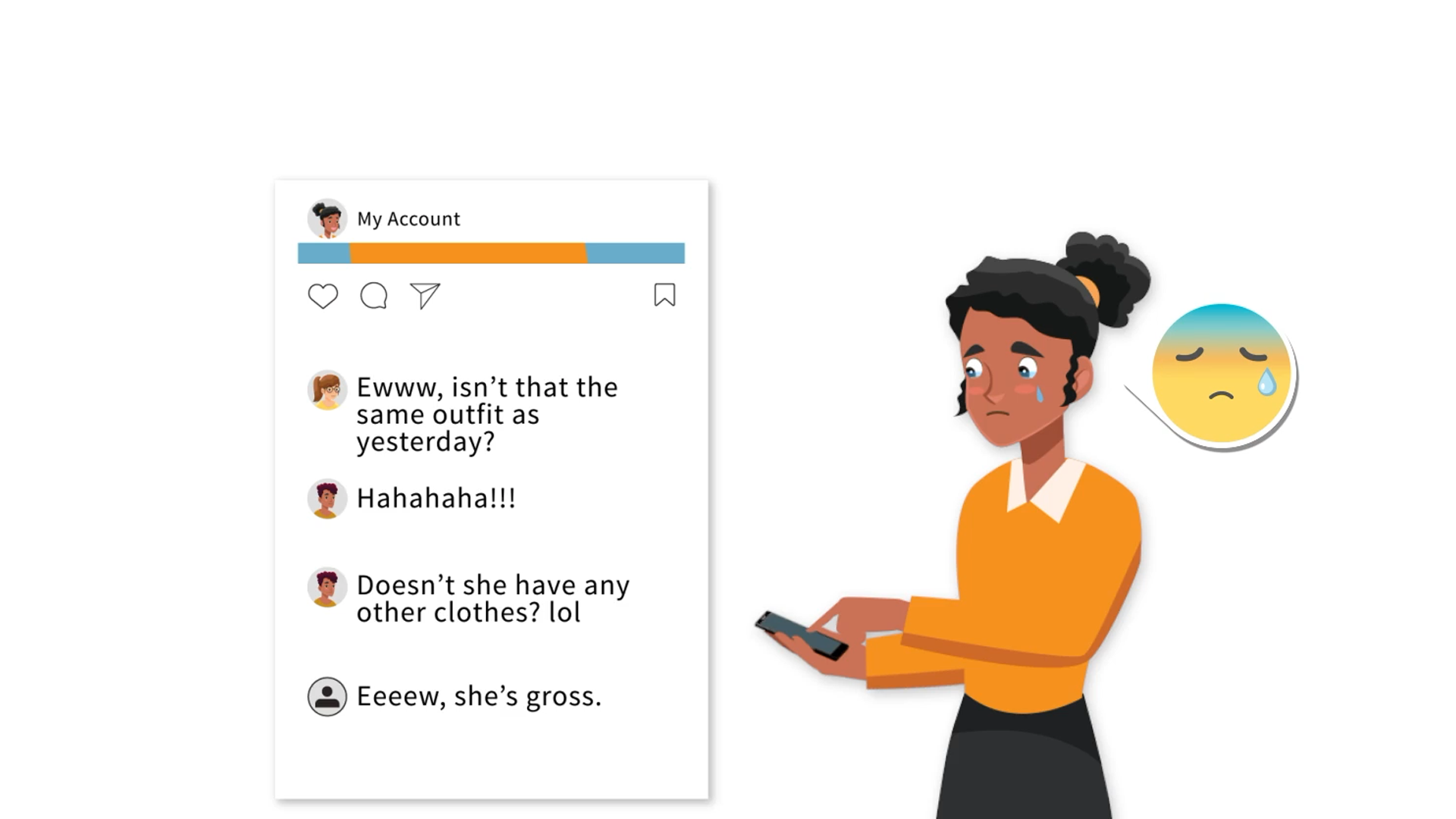Introduction
Cyberbullying is a prevalent issue among high school students, as it involves the intentional act of causing emotional harm to others through online platforms, such as texting and social media. This behavior can manifest in various ways, including spreading rumors, posting hurtful comments, sharing embarrassing images, or creating fake accounts to impersonate someone. Cyberbullying can be just as damaging as in-person bullying, as it can publicly humiliate the target and reach a wider audience. Educators play a crucial role in addressing this issue and teaching students to become allies and upstanders, rather than bystanders, in the face of cyberbullying.
No-Prep Activity
This activity, called “Cyberbullying Scenarios,” requires no preparation or materials from the educator. Begin by dividing the class into small groups of 3-4 students. Provide each group with a hypothetical cyberbullying scenario, either verbally or written on a piece of paper. Instruct the students to discuss the scenario and come up with ways to act as allies and upstanders in the given situation. Afterward, have each group share their strategies and discuss the effectiveness of their chosen actions as a class.
Discussion Questions
- Why is it important to address cyberbullying and promote a supportive online environment?
- What are the potential consequences of being a bystander in a cyberbullying situation? How can we encourage others to be allies and upstanders?
- What strategies can be used to effectively intervene in a cyberbullying situation without escalating the conflict or putting oneself at risk?
- How can we help someone who has been a target of cyberbullying and provide them with the necessary support?
- What can schools and educators do to promote digital citizenship and prevent cyberbullying?
Related Skills
Besides addressing cyberbullying, it is essential to foster other related skills among high school students. These skills include:
- Empathy: Understanding and sharing the feelings of others, which can help students become more compassionate and supportive peers.
- Communication: Effectively expressing thoughts and feelings, both online and offline, in a respectful and responsible manner.
- Conflict resolution: Developing the ability to resolve disagreements and conflicts in a constructive and non-confrontational way.
- Digital citizenship: Practicing responsible and respectful behavior in the digital world, including online safety, privacy, and ethical use of technology.
Next Steps
Now that you have learned about addressing cyberbullying and empowering high school students to be allies and upstanders, it’s time to put these strategies into practice. To help you get started, we invite you to sign up for free samples of various skill-building activities and resources at Everyday Speech. These materials will provide you with the tools and guidance necessary to foster a positive and supportive learning environment for your students, both online and offline.






